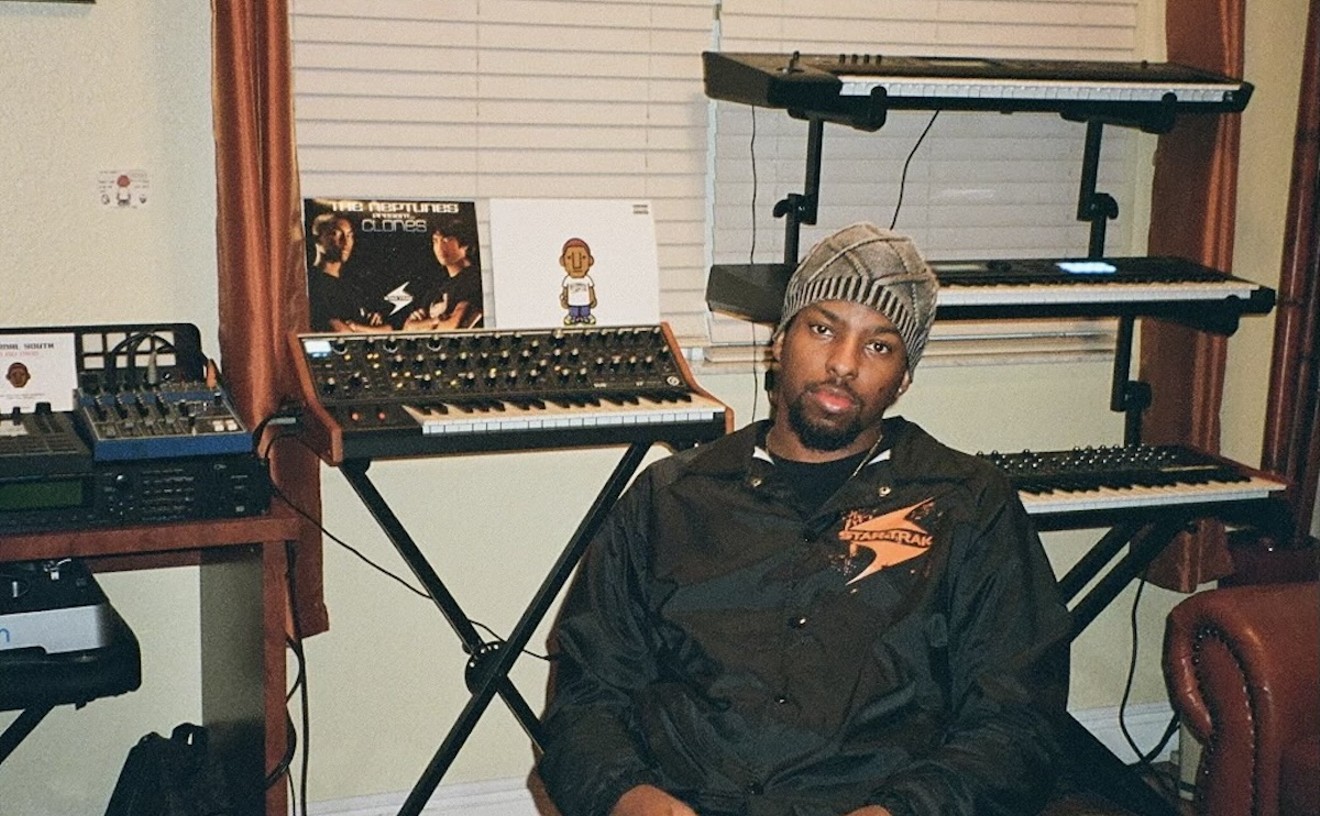In the 1970's TK Productions was 10 times more powerful than Cash Money Records is today. Company President Henry Stone had more artists, more hits, greater distribution, and more sales. But when 1980 hit it all came crashing down and the company went bankrupt.
One of his first million selling records of the 1970's was called "Cleanup Woman."
Clarence "Blowfly" Reid and Willie "Deep City" Clarke wrote the song, Willie "Little Beaver" Hale composed its unforgettable triple guitar line, Ron Bogdon played the bass, and little Betty Wright sang the hell out of it.
Stone's ears heard a hit, so he paid off all the local DJ's to play it on their radio shows. The reaction from the public was immediate. They all rushed to record stores to buy it.
See also: Willie Clarke on the Rise of Deep City Records
Stone pressed up more copies of the single, paid off key DJ's in New York and Florida, and got the same huge reaction. So he called up his old buddy Jerry Wexler from Atlantic Records, made a deal to lease the single to him for national distribution, and it became a million seller.
But Henry Stone wasn't just recording, he was also a powerhouse distributor. Instead of just putting records out in his official territory of Florida, which was only 2% of the national buying market, he would order more records than the state could handle, pay less per disc than everybody else in the country, and sell outside his turf in places like Philly, Detroit, New York, and Chicago.
By leasing his own music to Atlantic, he'd found a way for someone else to pay the cost of massive manufacturing, and by transshipping he was making money on both sides of the deal, as a label, and as a distributor.
When Atlantic put a stop to it by forming their own distribution network in the early 70's, Stone countered by going into the manufacturing business himself and using his distribution contacts to move albums nationwide, and more importantly, around the world. He started TK Productions, released Timmy Thomas's "Why Can't We Live Together," and began a 25 Gold Record run that saw his company ship more than 150 million pieces.
His biggest act was KC & The Sunshine Band (who wrote all their own music). But Willie Clarke and Clarence Reid had a hand in almost everything else, which were thousands of sides cut by mostly local artists, thus cementing TK's position as the originator of the "Miami Sound."
Then, in 1979, a Chicago disc jockey started the "Disco Sucks" movement and initiated a chain of events that led to TK's bankruptcy.
Willie Clarke remembers exactly how he felt the day he found out the company was done for. "You talk about lovin' something...I am so in love with writing songs and producing music that when TK had to close down that was devastating to me.
I can only speak for myself but it was almost like someone trying to kill me. What'd I do? I lost my place behind the board calling shots and being in control. Having the last word over all these talented people, all of us sharing ideas and them counting on me as the last to leave the boat and get it all done and mixed down.
When they burned all those disco records in that stadium in Chicago, TK Studios looked like one of those movies where everything is dark and scary, and too quiet. It was like a tomb and Henry Stone was just sittin' in there by himself in the dark.
They told me what happened with the bank cutting off backing us. How the whole disco thing was over.
Truth is, all that good r&b we had, we coulda gone with that. We had all this material a long time, but disco took over the scene, and we did really well during that cause we were one of the creators, but at the end of it we were just left lookin' at each other.
It was truly a highlight of my life and a wonderful adventure.
After that, I had to go back to teaching school."
Follow Crossfade on Facebook and Twitter @Crossfade_SFL.










